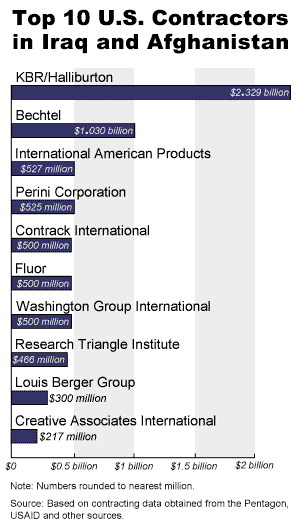
Two stories about important trends in international development at the US Agency for International Development (USAID) and the the British equivalent, the Department for International Development (DfID):
1. Federal Times article on decreasing reliance on contractors and increasing insourcing at USAID can be found here. An excerpt:
and more:
USAID also employs hundreds of contractors to do technical work.
…but because most of the new hires are at a junior level, the transition could take years.
It might makes sense for USAID to seriously consider a more focused mid-career hiring strategy (in addition to those being hired at the junior level). That would allow some people currently working as contractors to move into positions at USAID, bring all their skills and experience and allowing for a smoother transition from outsourcing to insourcing. The (former) US Information Agency successfully ran a mid-career hiring program that could serve as a model for USAID. But overall, this is a direction at USAID that makes great sense. An over-reliance on contractors has distorted how development projects are implemented and how the US is represented overseas. More about that can be found in a previous post on the subject hereand here.
On a related note, Richard Holbrooke has been successful in securing $500 million in aid to Pakistan that will circumvent USAID and its contractors and go directly to the Government of Pakistan and Pakistani organizations. A full article about that by Josh Rogin at Foreign Policy’s “The Cable” can be found here.
“For example, all our women’s programs in Afghanistan and Pakistan used to be done through contracts with companies, usually in the Washington area. And that didn’t make any sense to me,” Holbrooke told reporters last week before leaving for his trip. “So we phased out most of it except for some accounting purposes and took the money reserved for women’s programs and turned it over to the ambassadors for a fund which would be more flexible and which would eliminate the amount of money that’s diverted in overhead, which was 15 to 25, 30 percent – really very enormous waste of taxpayers’ money.”
2. Last month The Guardian ran the following story on DfID’s budget being protected from David Cameron’s budget cuts – and the increased pressure now on DfID to deliver demonstrable results. That article is here.
DfID put out a press release in June that announced re-focused aid programs on fewer countries (see here).
So, while the overall DfID budget will be maintained (with an increase of 0.7%) there are major shifts planned within DfID. The New Statesman reported:
But over the weekend, emails leaked to the Observer haverevealed that even development is not safe from the cuts. The email exchange between the Department for International Development (DfID) director of policy Nick Dyer and Mitchell focuses on the DfID programmes that are under review, and in particular, Dyer’s recommendation that the minister should honour 19 of the department’s commitments and drop around 80. The Observer reported that the breakdown “listed those to be dropped under five headings ranging from “strong public backing” to “unlikely to be noticed”.”